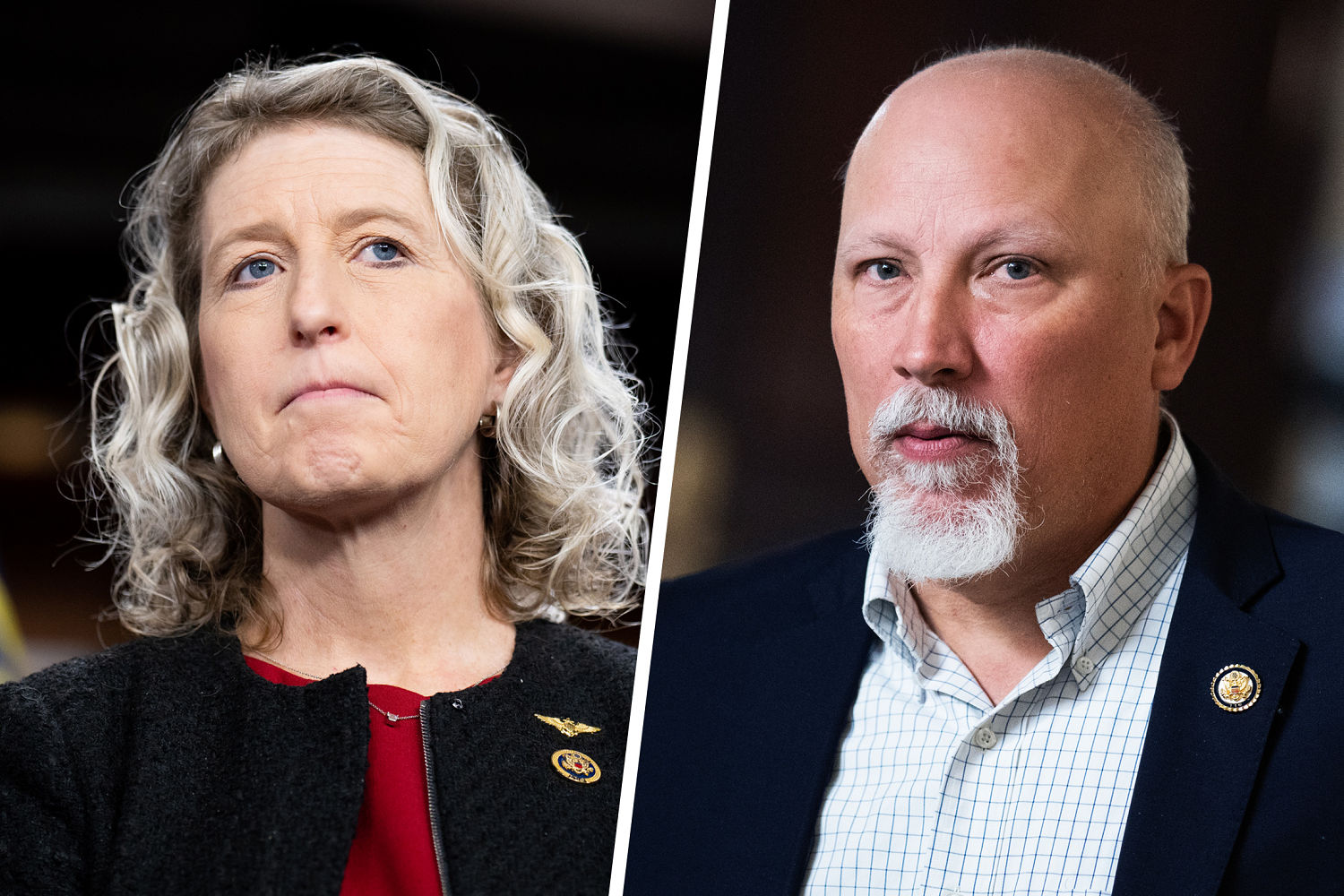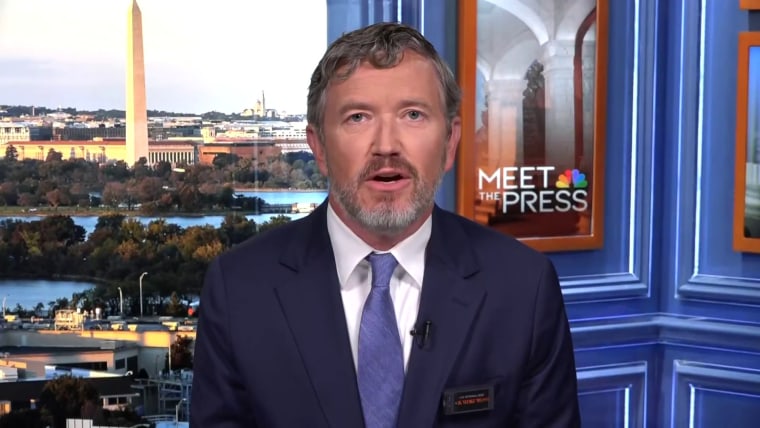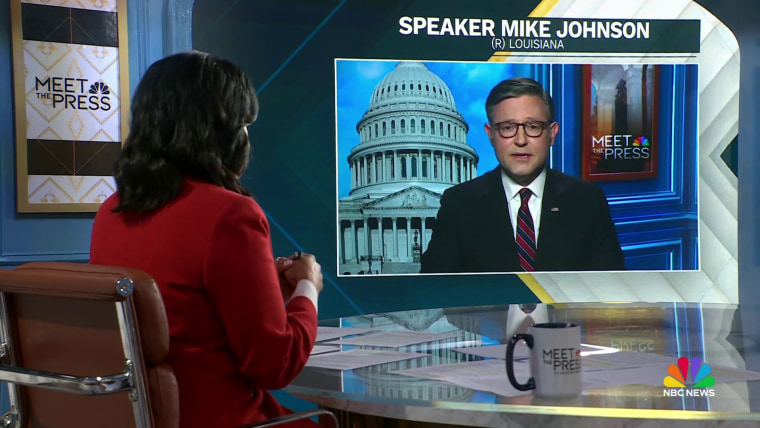13 House Republicans urge Senate to scale back clean energy cuts in bill they voted for


WASHINGTON — Thirteen House Republicans who voted for President Donald Trump’s “big, beautiful bill” sent a letter Friday urging Senate GOP leaders to scale back some of its clean energy cuts, sparking pushback from conservative hardliners.
The unusual criticism of their own bill indicates a modicum of regret by the GOP lawmakers, whose votes were critical to the bill passing the House by a narrow margin last month.
“While we were proud to have worked to ensure that the bill did not include a full repeal of the clean energy tax credits, we remain deeply concerned by several provisions,” said the Republicans in the letter, led by Rep. Jen Kiggans, R-Va.
They cited provisions that “abruptly terminate several credits just 60 days after enactment for projects that have not yet begun construction,” and “restrictions to transferability.”
“This approach jeopardizes ongoing development, discourages long-term investment, and could significantly delay or cancel energy infrastructure projects across the country,” the group of House Republicans said in criticizing the legislation they voted for, while suggesting some changes to “mitigate” the harm it could cause.
Kiggans, like most of the signatories, represents a competitive district that Democrats are targeting in the 2026 election. Other politically vulnerable members include: Reps. Brian Fitzpatrick, R-Pa.; Juan Ciscomani, R-Ariz.; Mike Lawler, R-N.Y.; Don Bacon, R-Neb.; Gabe Evans, R-Colo.; Young Kim, R-Calif.; David Valadao, R-Calif.; Rob Bresnahan, R-Pa.; and Tom Kean, R-N.J.
The remaining three, who sit comparably safer seats, are Reps. Mark Amodei, R-Nev.; Andrew Garbarino, R-N.Y.; and Nick LaLota, R-N.Y.
The 13 Republicans warned that “the House-passed bill includes a phase out schedule for credits that would cause significant disruption to projects under development and stop investments needed to win the global energy race.”
The Democratic Congressional Campaign Committee mocked the letter and said the lawmakers will own their votes for the bill.
“These 13 Republicans promised not to support cuts to clean energy tax credits, then cast the deciding votes to raise energy costs on American families, kill tens of thousands of jobs, and undermine our nation’s energy security. They are responsible for this Big, Ugly Bill and all the harm it will cause,” DCCC spokesperson Viet Shelton said. “This toothless letter is the worst kind of political hypocrisy and voters will see it for what it is, a lie perpetrated by endangered House Republicans who caved to their D.C. party bosses at the expense of the American people.”
Kiggans’ office did not immediately return a request for comment on whether she was aware of the provisions when supporting the bill, or if she’d vote for one that falls short of her new demands.
Senate Republicans are eying changes to the House bill to ease some of the negative impacts of the funding cuts.
Sen. Shelley Moore Capito, R-W.Va., who chairs the Senate Environment and Public Works Committee, told NBC News her version of the bill will probably relax some of the deadlines to cut off funding.
But she said Thursday that there probably won’t be massive changes to the House-passed bill.
“I imagine it’s going to track fairly similarly, but I think some of the deadlines are pretty tight in terms of when you have to have construction and those things,” Capito said. “We’ve been approached by several employers who need some of those tax.”
Sen. Thom Tillis, R-N.C., said he’s willing to undo some of the clean energy funding, but he wants to make sure that existing business investments aren’t harmed by the bill.
“What we’re trying to focus on is to make sure that if businesses have invested and have projects in progress, that we do everything we can to hold them harmless,” he said. “Whether or not we continue some of these programs out into the future — that’s a separate question that I’m willing to entertain.”
Meanwhile, the conservative group Club For Growth is running ads targeting Sens. Kevin Cramer, R-N.D., John Curtis, R-Utah, and Lisa Murkowski, R-Alaska, for backing more modest rollbacks of the clean energy funding, which carries benefits for their states.
There’s another reason changing the bill is easier said than done: The speedy cuts to clean energy funding under the 2022 Inflation Reduction Act were part of an House agreement to win the votes of conservative hardliners who want to reduce the bill’s red ink.
House Republicans have a majority of 220 to 212, meaning they can only spare three “no” votes in their ranks to pass the bill when the Senate sends back their revised version.
“You backslide one inch on those IRA subsidies and I’m voting against this bill,” Rep. Chip Roy, R-Texas, said Friday on the House floor. “So you do what you want to do in the Senate, House of Lords, have your fun. But if you mess up the Inflation Reduction Act, Green New Scam subsidies, I ain’t voting for that bill.”




